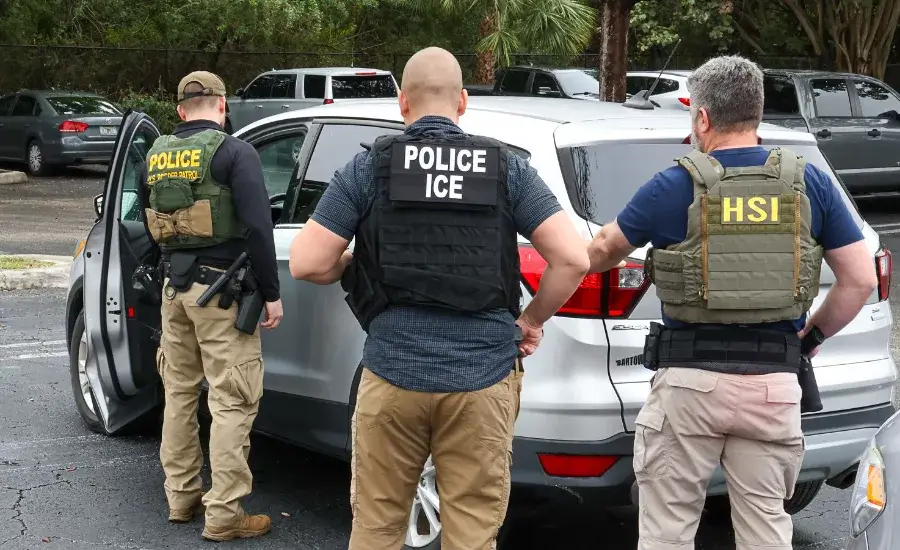Build, baby, build. But will new projects be put on ‘ice’?

We are encouraged to see a profusion of state and local measures aimed at slashing red tape and encouraging new construction, but this raises the question of whether there are enough workers to build it. Labor shortages are the top cause of project delays, according to contractors queried in the latest annual workforce survey from the Associated General Contractors of America and the National Center for Construction Education and Research.
Already short of skilled workers, the construction industry faces a new threat in the form of heightened Immigration and Customs Enforcement (ICE) activity targeting sectors with a large number of undocumented workers. From surprise job site raids to formal I-9 audits, the stakes have never been higher. Keep in mind, the National Association of Homebuilders says that 40% of housing construction workers were born outside the U.S.
Some alarming numbers from the survey:
-
1 in 4 contractors report that stepped-up immigration enforcement has adversely impacted their business “directly or indirectly.”
-
5% say that their job site or off-site facilities were visited by immigration agents.
-
10% of contractors say workers left or failed to appear because of actual or rumored immigration actions.
-
In total, 20% of subcontractors shared that they lost workers.
Rental housing economist Jay Parsons believes that the impact has been muted by the fact that nowadays, construction jobs are in the completion phase rather than starting, so apartment builders say labor costs have generally come down. This could be a different story, he says, once construction eventually ramps back up and there is a smaller labor pool available. This may quite possibly limit the rebound and/or drive up labor costs.

The surefire way for employers to avoid trouble with ICE: Don’t break the law.
Paying employees in cash, not using I-9 forms, committing tax fraud, harboring undocumented workers, and so forth will invite civil and criminal liability.
As a healthy disclaimer, we are not immigration attorneys, but we can dispense some general pointers to those of you in our audience who are putting shovels in the ground and get a rude visit by ICE.
-
Designate company reps to accompany ICE agents as they go about the workplace.
-
These reps should understand that they are not required to answer questions. Less information is more.
-
However, employer reps may not obstruct or provide false or misleading information.
-
Record the names of ICE supervisory agents assigned to the case.
-
Object to any searches that are outside the scope of the warrant and obtain a list of items seized during the search.
Most importantly, tether yourself to an attorney well-versed in immigration law. This is not our wheelhouse, but having practiced landlord-tenant law for three decades, we have cross-pollinated with other firms that have specialized areas of practice.
Parting thoughts
Immigration is clearly a political hot potato, especially in California, the capital of anti-Trump resistance. I-9 audits, if not outright raids of worksites, will continue to increase exponentially under a Trump Administration. This elevated immigration enforcement is sure to exacerbate workforce-related project delays that stand to impede California’s ambitious goals to add new housing stock.
In today’s age of fearing masked men detaining workers, awareness of the law and compliance is crucial. Removed from the emotional fray, there are attorneys who can navigate this new minefield.
